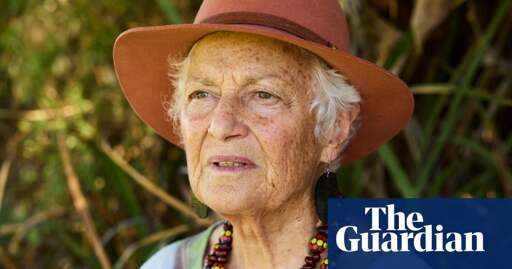Interesting read about an interesting woman, couple of excerpts…
The trailblazing public health activist reflects on childhood dreams, hard-won lessons and why healthcare starts long before anyone gets sick
during her early days as a junior doctor at Princess Margaret hospital in Perth. “There was an Aboriginal boy, maybe four or five, who’d come in from a remote community,” she says. “He had severe diarrhoea and dehydration. And he died in my arms.” She pauses. “I was 25. And I remember thinking, I don’t know if I can keep doing clinical work. I need to understand how we prevent this.”
She recalls one trip to Narrogin – “one of the most racist towns in WA” – where a local doctor had refused to treat an Aboriginal child without upfront payment. “The mother raced the kid to Katanning and it died on the way,” she says. “So Eric and I got that doctor struck off the register.”
She’s outspoken about the dangers of the North West Shelf extension, describing climate change as “the biggest threat to human health”. Her disappointment over the failed voice to parliament referendum is equally fierce. “



I disagree with the implication that a child should be left to die if the medical centre isn’t paid. I know the doctors need to be paid and their work deserves to be compensated, I know medical centres need to have costly supplies to operate, of course, but the commodification of society’s critical healthcare needs is an atrocity.
The author suggests it was the doctor’s lack of care, but if there’s some missing context that somehow justified their decision, it’s still a damning insight into paid healthcare systems. Would distributing the cost of that treatment be more or less damaging than the cost of denying it?
On the other hand, if they’re replaced with someone who doesn’t let patients die like that, that’s saving lives.